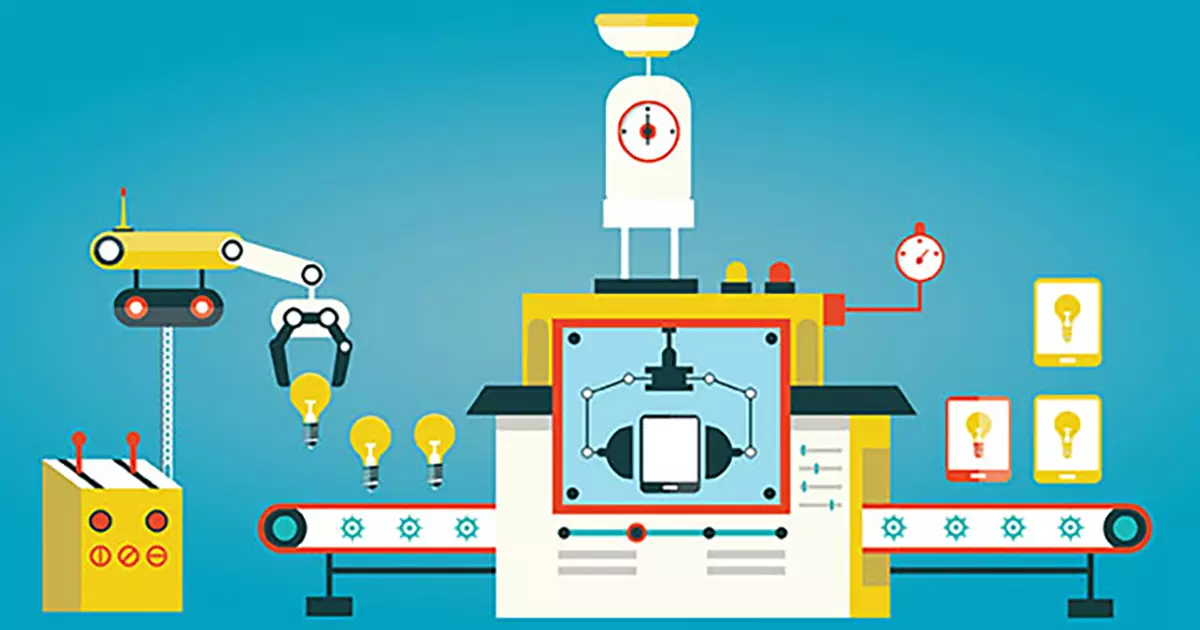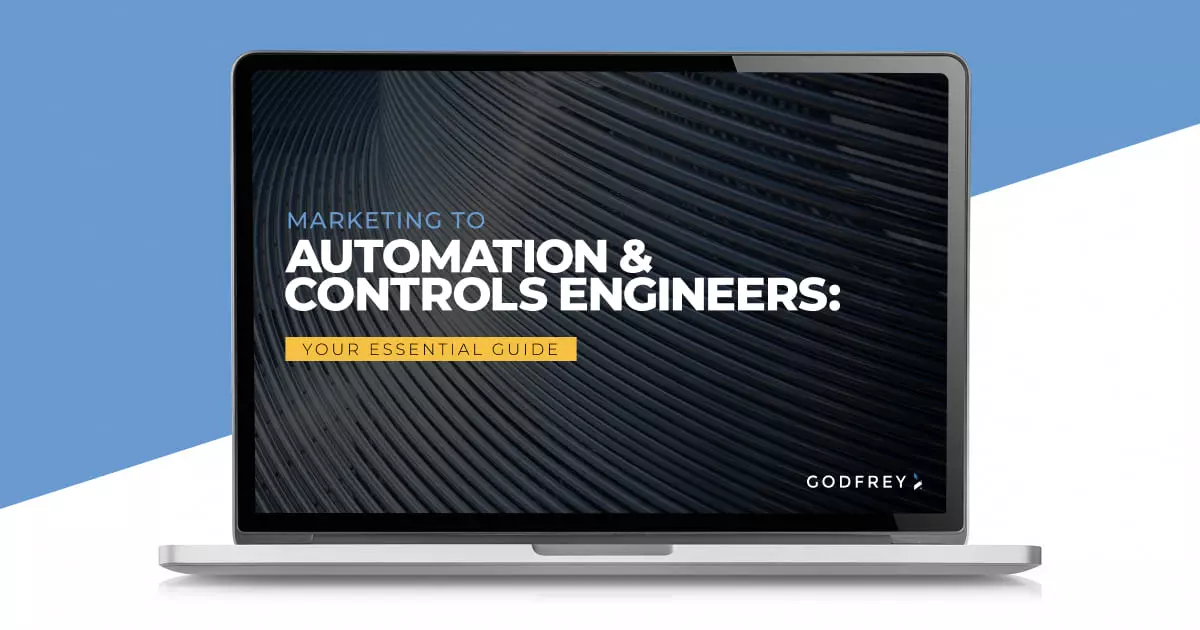Making the most of the "smart factory" revolution (Part 1)

What is the “smart factory?” Many in the automation technology marketplace are asking – and B2B marketers are challenged to bring clarity and relevance to the issue.
There is a major technology shift underway in the automation technology marketplace – one that offers big challenges – and opportunities – to B2B marketers in that space.
One of the challenges is what to call this technology shift: “Smart Factory,” “Connected Industry,” “Industry 4.0” and the “Industrial Internet of Things” are all attempts to label or brand a series of fundamental changes in different types of manufacturing technologies and processes.
Another challenge is to define this technology shift. One automation supplier uses this explanation: “A merging of the virtual world of information technology, the physical world of manufacturing machines, and the power and potential of the Internet. Ultimately, these changes center on the integration of all areas of industry made possible by Information Technology.”
OK, that sounds pretty cool. Only what does it really mean?
Godfrey partnered with AMG Research to study an emerging segment of your audience. Download the full report and view slides from the presentation we delivered at CFE Media’s 2017 Marketing to Engineers® event.
Provide clarity and relevance
Some in the automation industry question whether there’s actually a revolution going on at all. They argue that recent technology changes are simply the next step in machine-to-machine communication and automation system enhancement.
B2B marketers in this space need to clarify and build a stronger case for the premise that a new and significant era in automation technology is underway. We must help audiences throughout the automation marketplace get useful and productive insight into what is different and, more importantly, what it means for their markets and businesses.
Target audiences – technology and software providers, automation OEMs, discrete machine builders and manufacturing end users – seek to separate practical ideas from hype, so they can make forward-looking and productive decisions for their businesses.
Over the next several weeks, we will dive into several “smart factory”-related topics and potential B2B storylines. Topics we’ll discuss include:
- Search terms: What DO we call this shift? In a Google-driven world, there’s a marketing instinct to attempt branding an industry trend; this is not necessarily the winning strategy, especially if you’re late to the game. B2B communicators need to be rigorously disciplined about the terms they focus on when trying to capture interest in technology topics, particularly ones that can quickly get “jargon-ish.” We’ll take a look at some of the top terms related to this new era, examine search volumes and try to define which term can be best applied to a specific technology trend.
- Is the “smart factory” already here? Although it may appear that many industrial “Internet of Things” concepts are still off in the future, some of the technology that’s needed is already in place. What’s the best way to communicate this to your specific audiences – and how do you separate hype about what’s possible from what’s actual and real?
- Automation joins the Internet. The “smart factory” will incorporate aspects of the broader Internet into the way machines and production floors operate. This will require that automation networks have new links outside the factory floor – what will that take to accomplish?
- Changing the changeover. In the past, changeover was a necessary cost. With the advent of more autonomous and networked machines, these changes will happen in much less time or in actual real-time. What impact will this capability have – on machine builders, on end users, and on the ability of manufacturers to achieve economical, cost-effective production of lot sizes of one, mirroring the personalization that the Internet has begun making common in people’s everyday lives.
Our goal is to provide insight and practical suggestions on ways B2B marketers can help clear up areas of confusion and drive development of relevant content to their customers.
Brian Moore - Content Director
A storyteller with three decades of B2B writing and content development experience, Brian loves talking to engineers and technology-oriented professionals. He knows they have great stories to tell.




